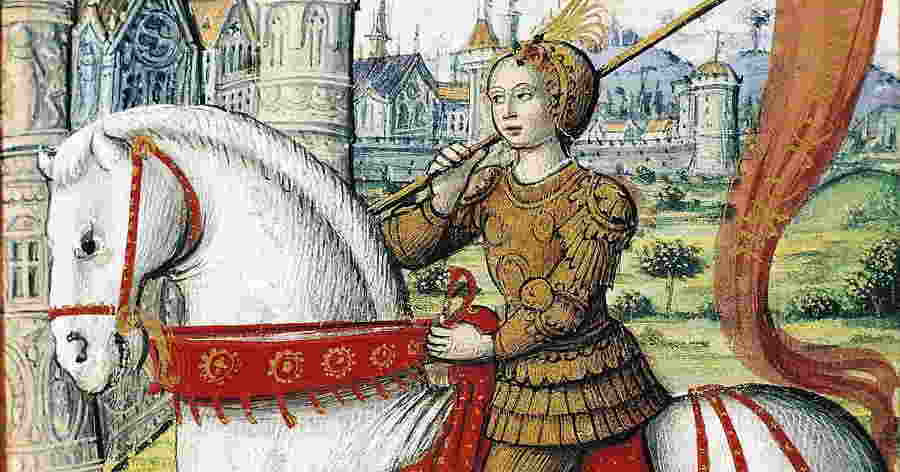
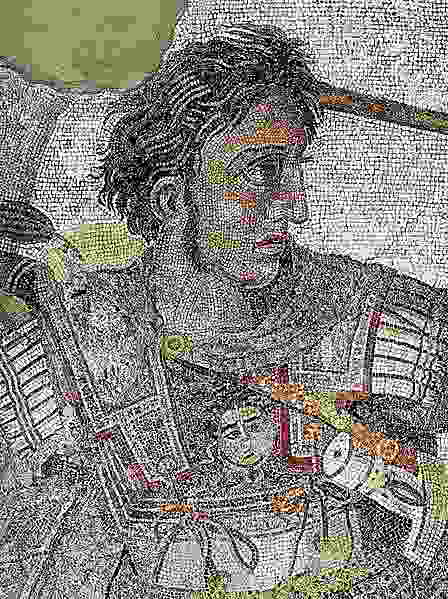
Alexander the Great, one of history's most renowned military leaders, began his extraordinary journey to power as a teenager. Born in 356 BC in Pella, Macedonia, Alexander was tutored by the philosopher Aristotle and grew up steeped in the warrior culture of his father, King Philip II.
At the age of 16, Alexander's life took a dramatic turn when he became a regent in his father's absence. His opportunity to lead came unexpectedly in 336 BC when Philip was assassinated, and the 20-year-old Alexander ascended to the throne. His early leadership was marked by swift and decisive action.
One of his first acts was to eliminate potential rivals to secure his position. Then, he embarked on a campaign to quell revolts among the Greek city-states. These military successes displayed his tactical brilliance, earning him respect and loyalty.
By the time he turned 20, Alexander began his legendary military conquests, the most famous of which was his invasion of the Persian Empire. His youthful charisma and audacious strategies led him to victory after victory, rapidly expanding his empire.
Alexander's teenage leadership was characterized by his ability to inspire and unite diverse armies from Macedonia, Greece, and beyond. His troops followed him with unwavering loyalty, driven by his vision of a united world. His military genius was evident in battles like Issus and Gaugamela, where he defeated the Persian King Darius III.
Alexander's leadership extended beyond the battlefield. He promoted cultural exchange and founded numerous cities, including Alexandria in Egypt, which became a center of learning and culture.
Tragically, Alexander's life was cut short at the age of 32. Still, his legacy endured through the vast empire he had built and the enduring impact of Hellenistic culture in the regions he conquered.
In retrospect, Alexander's teenage leadership is a testament to his vision, adaptability, and ability to lead a diverse army. His ambition knew no bounds, and his achievements continue to inspire leaders and military strategists to this day.
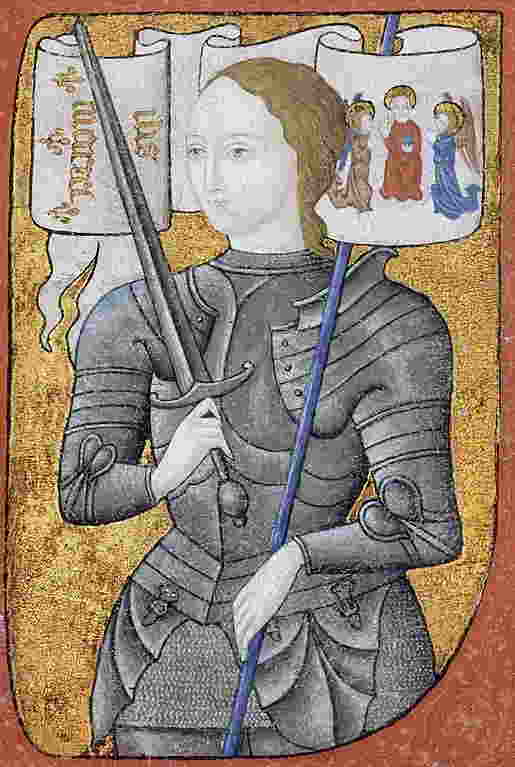
St. Joan of Arc, often referred to as the Maid of Orléans, is one of history's most remarkable teenage leaders. Born in Domrémy, France, in 1412, she emerged as a pivotal figure during the Hundred Years' War between France and England.
Joan's leadership journey began in her mid-teens when she started experiencing visions and hearing voices, which she believed were divine messages from God. These visions compelled her to take action and lead the French army against the English, who had occupied large parts of France.
At the age of 17, Joan of Arc convinced local authorities to grant her an audience with the dauphin of France, the future King Charles VII. She asserted that she was on a divine mission to help him claim the French throne. Impressed by her conviction, Charles provided her with a military escort and command of troops.
Joan's leadership on the battlefield was characterized by her fearlessness and tactical acumen. She inspired the French army with her unwavering faith and determination. Under her leadership, the French experienced several significant victories, including the lifting of the siege of Orléans.
However, her military career was short-lived. At the age of 19, Joan was captured by the English, accused of heresy, and put on trial. Despite her valiant efforts to defend herself, she was found guilty and burned at the stake in 1431.
Joan of Arc's teenage leadership is celebrated for its courage and unwavering faith. She remains an enduring symbol of French nationalism and a source of inspiration for leaders throughout history. In 1920, she was canonized as a saint by the Catholic Church, recognizing her extraordinary leadership and sacrifice.
Muhammad bin Qasim was a remarkable teenage leader who played a pivotal role in the early Islamic expansion into the Indian subcontinent. Born in 695 CE in the Arabian Peninsula, Muhammad bin Qasim was just 17 years old when he led a military campaign that would change the course of history.
In 711 CE, he was dispatched by the Umayyad Caliphate to respond to a plea for help from a local prince in Sindh (modern-day Pakistan) who sought assistance against the oppressive rule of Raja Dahir. Despite his youth, Muhammad bin Qasim displayed exceptional leadership qualities.
He devised strategic military tactics, displayed remarkable adaptability, and demonstrated a deep understanding of the local terrain and culture. His forces achieved a series of significant victories, including the capture of the city of Multan, a key trading hub, and the establishment of Umayyad control in the region.
What set Muhammad bin Qasim apart was not only his military prowess but also his approach to governance. He was known for treating the local population fairly, respecting their customs and beliefs, and gaining the support of many, including local leaders and intellectuals.
Muhammad bin Qasim's leadership laid the foundation for subsequent Islamic rule and influence in the Indian subcontinent, making him an enduring symbol of early Islamic expansion and a testament to the potential of youthful leadership.
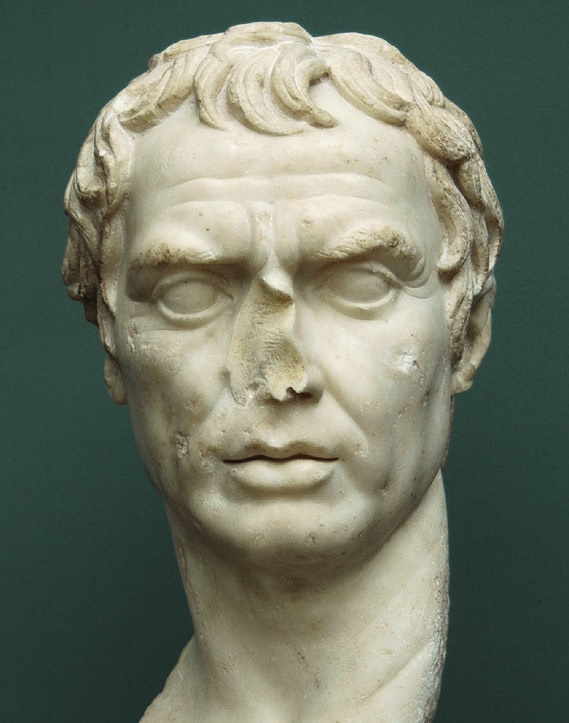
Scipio Africanus, also known as Publius Cornelius Scipio Africanus, was a teenage leader who left an indelible mark on Roman history through his exceptional leadership and military prowess. Born in 236 BC in Rome, he was just a teenager when he began his remarkable career.
At the age of 18, Scipio Africanus joined the Roman army during the Second Punic War, a conflict between Rome and the formidable Carthaginian general Hannibal. Despite his youth, Scipio exhibited remarkable courage and strategic acumen. He quickly rose through the ranks due to his leadership abilities.
One of his most famous achievements came at the Battle of Ilipa in 206 BC, where he led Roman forces to a decisive victory over the Carthaginians. This victory marked a turning point in the war and solidified Scipio's reputation as a brilliant military tactician.
Scipio Africanus' leadership extended beyond the battlefield. He was known for his diplomatic skills, forging alliances with various local tribes and cities, which bolstered Rome's influence in the Mediterranean.
His military successes and statesmanship earned him the respect and admiration of his peers, making him one of the most celebrated leaders in Roman history. Scipio Africanus' legacy as a teenage leader is a testament to his exceptional talent and the enduring impact of his leadership on the Roman Republic.
-caesar_1879.jpg)
Augustus Caesar, originally named Gaius Octavius Thurinus, is renowned as one of history's most influential teenage military leaders. Born in 63 BC into a prominent Roman family, he was thrust into a tumultuous period of Roman history when, at the age of 18, his great-uncle Julius Caesar was assassinated in 44 BC.
In the aftermath of Caesar's death, the Roman Republic plunged into chaos as power struggles erupted. Despite his youth, Octavian quickly recognized the opportunity to avenge Caesar's murder and claim his inheritance. He rallied the legions loyal to his great-uncle and, by the age of 19, had formed the Second Triumvirate with Mark Antony and Marcus Lepidus. Together, they defeated Caesar's assassins, Brutus and Cassius, at the Battle of Philippi in 42 BC.
Octavian's military successes didn't stop there. He later engaged in a protracted civil war against Mark Antony and Cleopatra, ultimately emerging victorious at the Battle of Actium in 31 BC. This triumph solidified his control over the Roman world.
By age 32, Octavian had achieved unrivaled power and was awarded the honorific title "Augustus" by the Roman Senate. He became the first Roman Emperor, marking the beginning of the Roman Empire. His leadership during his teenage years was marked by shrewd military strategies, political maneuvering, and the foundation of an empire that would endure for centuries.
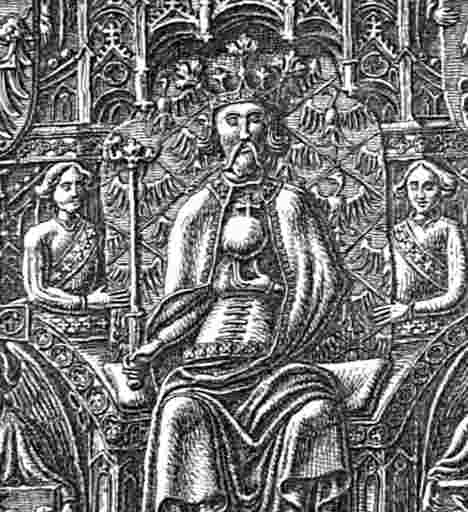
Wladyslaw III, also known as Ladislaus III of Poland, was a remarkable teenage military leader in the 15th century. Born in 1424, he ascended to the Polish throne at the tender age of 10 following the death of his father.
Wladyslaw's most notable military campaign occurred when he was just 19 years old. In 1443, he led a crusade against the Ottoman Empire, which was expanding into Europe. His leadership skills and battlefield prowess were evident in the Battle of Varna in 1444. Despite his youth, Wladyslaw led the Christian forces and fought valiantly. Tragically, during the battle, he was killed in action at the age of 20.
Wladyslaw's military achievements were commendable for someone of his age, as he took on the responsibilities of leading his nation's armies during a critical period in European history. His legacy is remembered for his bravery in defending Christian Europe against the Ottoman threat, even at such a young age.
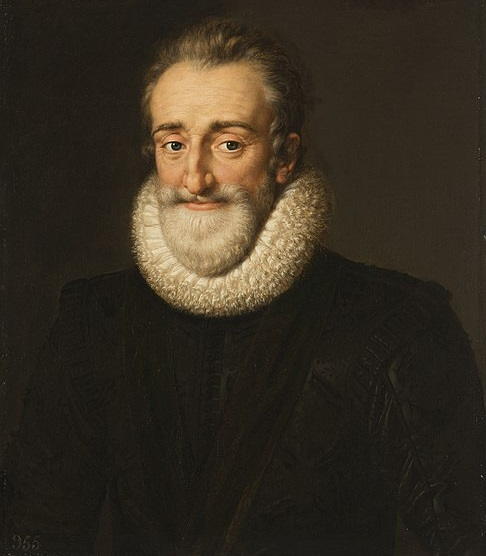
Henry IV of France, also known as Henry of Navarre, was a prominent teenage military leader during the late 16th century. Born in 1553, he would later become one of France's most famous monarchs.
Henry IV's military leadership skills became evident during the French Wars of Religion, a tumultuous period marked by religious conflicts between Catholics and Protestants. At the age of 19, he fought in the Battle of Jarnac in 1569, where he displayed remarkable valor as a Huguenot (Protestant) commander.
His greatest military achievement came at the Battle of Ivry in 1590 when he was 37 years old. However, this battle is significant because, as a mature leader, he uttered the famous phrase, "Paris vaut bien une messe" (Paris is well worth a Mass), indicating his willingness to convert to Catholicism in order to secure the French throne and end the religious strife.
Henry IV's military leadership and eventual ascension to the French throne as a Protestant-turned-Catholic king played a crucial role in ending the religious conflicts and bringing stability to France. His reign is often associated with the Edict of Nantes in 1598, which granted religious tolerance to French Protestants and marked a pivotal moment in the country's history.
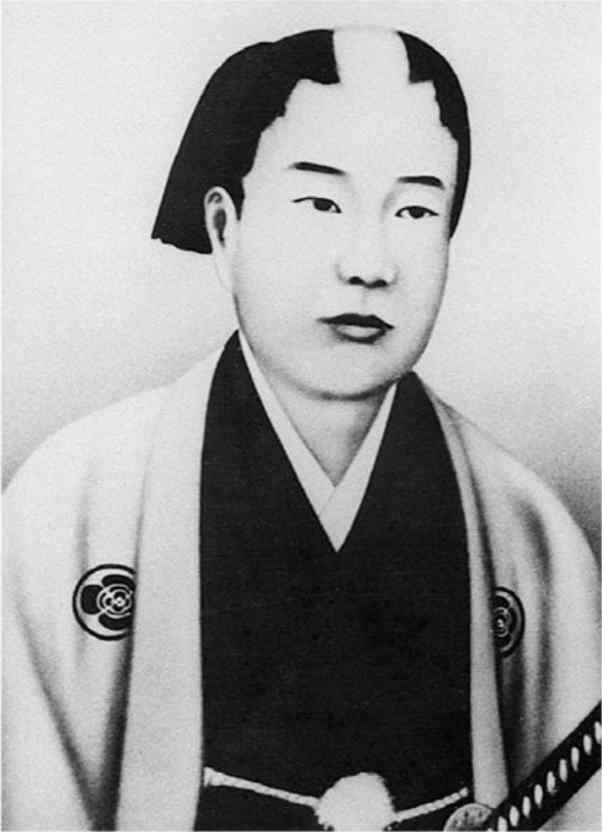
Okita Sōji was a renowned teenage military leader in Japan during the late Edo period and the early Meiji era. Born on February 16, 1842, in the Shirakawa domain (present-day Fukushima Prefecture), Okita Sōji is best known for his role as the captain of the first unit of the Shinsengumi, a special police force formed to protect the Tokugawa shogunate.
Okita joined the Shinsengumi at a young age, displaying exceptional swordsmanship and leadership skills. He quickly rose through the ranks due to his martial prowess and unwavering loyalty to the Shogunate. Under his command, the Shinsengumi became a formidable force during the tumultuous Bakumatsu period, marked by political upheaval and civil strife.
One of Okita's most famous exploits was his participation in the Ikedaya Incident of 1864, where he played a crucial role in foiling a plot to set fire to Kyoto and assassinate key Shogunate officials.
Tragically, Okita Sōji's life was cut short due to illness. He suffered from tuberculosis, which eventually led to his death on July 19, 1868, at the age of 26.
Despite his young age, Okita Sōji's legacy endures as a symbol of bravery and dedication to the Tokugawa Shogunate during a turbulent period in Japanese history. He is remembered not only for his military leadership but also for his indomitable spirit and commitment to the Shinsengumi's cause.
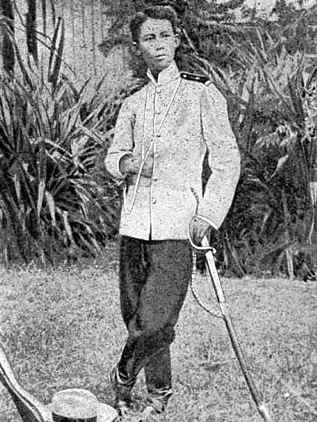
Gregorio del Pilar was a prominent teenage military leader during the Philippine Revolution and the Philippine-American War. Born on November 14, 1875, in Bulacán, Philippines, he is best remembered for his valor and leadership as a general in the Philippine forces.
Del Pilar's military career began at a young age when he joined the Katipunan, a revolutionary society aiming for Philippine independence from Spanish colonial rule. He quickly rose through the ranks due to his strategic acumen and combat skills.
One of his most notable actions occurred during the Battle of Tirad Pass on December 2, 1899. At the age of 24, Del Pilar and a small contingent of Filipino soldiers defended a mountain pass against overwhelming American forces led by General Henry Ware Lawton. Del Pilar's courageous stand allowed Philippine President Emilio Aguinaldo to escape capture.
Tragically, Del Pilar lost his life in that battle, becoming a martyr for the Filipino cause. His bravery and sacrifice have since made him an iconic figure in Philippine history.
Today, Gregorio del Pilar is celebrated for his unwavering commitment to his country's independence, his role as a teenage military leader, and his enduring legacy as a symbol of Filipino patriotism and valor in the face of adversity. His heroism continues to inspire generations of Filipinos seeking freedom and self-determination.